Directory
- Share
Sagnik Dutta
- Alumni
- India
- 2016 PhD Politics & International Stud
- Corpus Christi College
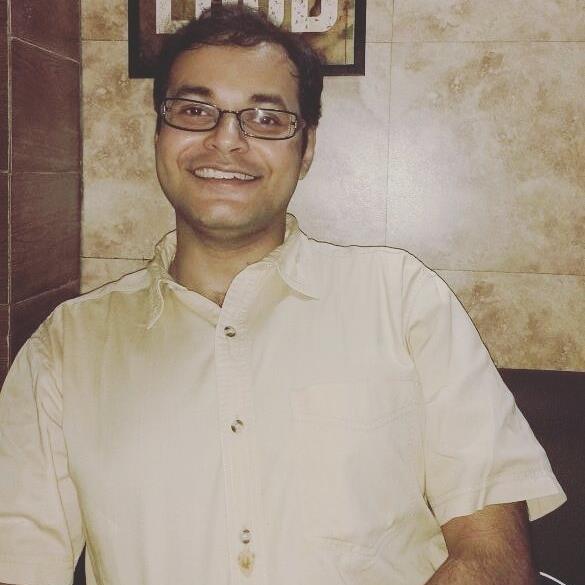
Sagnik Dutta
- Alumni
- India
- 2016 PhD Politics & International Stud
- Corpus Christi College
I am currently an Assistant Professor in Jindal Global Law School in India where I teach foundational courses in social sciences and more specialised courses in political science. I completed my doctoral studies in Politics and International Studies in 2020. I have published widely since then in various prominent peer-reviewed journals in the field of gender studies and socio-legal studies such as Feminist Theory, Law and Social Inquiry, and Ethnicities. My research builds upon research builds upon ethnographic fieldwork on working class Muslim women’s activism in contemporary India to deparochialise debates on minority rights, gender, and liberalism in political theory and international relations that are usually explored through the prism of liberal multiculturalism. I am committed to decolonising the disciplines of politics and international relations. Details of my publications can be found in my official website.
Previous Education
University of Calcutta
School of Oriental and African Studies
Michael Duyzend
- Alumni
- United States
- 2008 MPhil Computational Biology
- Girton College
Michael Duyzend
- Alumni
- United States
- 2008 MPhil Computational Biology
- Girton College
I am an attending physician in medical genetics at Boston Children's Hospital and Harvard Medical School and a research fellow at Massachusetts General Hospital and the Broad Institute. I am particularly interested in the genetics of the developmental continuum, especially in the prenatal and neonatal periods. Outside of the hospital and lab, I serve as a guest editor for the Journal of Pediatrics and enjoy activities such as skiing, hiking, traveling, fly-fishing, and cooking.
Yaacob Dweck
- Alumni
- United States
- 2002 PhD Historical Studies
- St John's College

Yaacob Dweck
- Alumni
- United States
- 2002 PhD Historical Studies
- St John's College
Elizabeth Dzeng
- Alumni
- United States
- 2007 MPhil Development Studies
2011 PhD Public Health and Primary Care - King's College
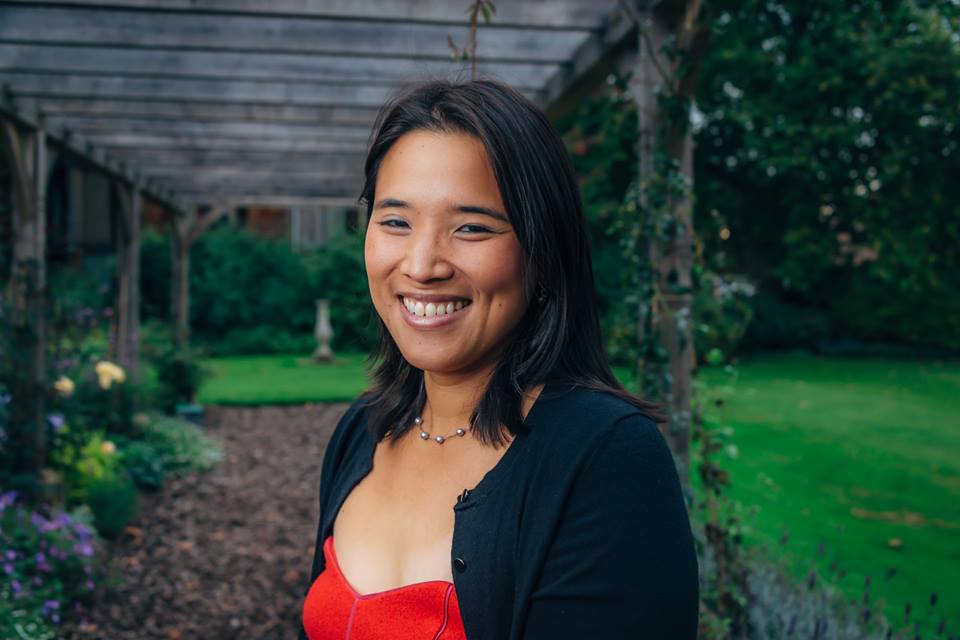
Elizabeth Dzeng
- Alumni
- United States
- 2007 MPhil Development Studies
2011 PhD Public Health and Primary Care - King's College
Dr. Dzeng is a sociologist and hospitalist physician conducting research at the nexus of sociology, medical ethics, palliative and end-of-life care, and human-centered design. She is an Assistant Professor at UCSF in the Division of Palliative Medicine and Social and Behavioral Sciences, Sociology program. She is an affiliated faculty member of the Philip R. Lee Institute for Health Policy Studies and a Senior Atlantic Fellow for Equity in Brain Health based at the Global Brain Health Institute at UCSF's Memory and Aging Center. She completed her PhD in Medical Sociology and an MPhil in Development Studies at the University of Cambridge at King’s College as a Gates Cambridge Scholar and was a General Internal Medicine post-doctoral clinical research fellow and palliative care research fellow at the Johns Hopkins School of Medicine. As an undergraduate and engineering graduate student at Stanford, she participated in the first class of Stanford's Biodesign Innovation program where she co-invented and patented a device to non-invasively cool the heart through the esophagus to prevent myocardial damage during a myocardial infarction (US Patent 7,758,623; 2010). In August, 2019 this patent was licensed to Attune Medical.Her current research examines the influence of neoliberalism and specifically the culture and ethical implications of neoliberalism on an institution's ethical priorities in the United States and United Kingdom and its effects on the provision of non-beneficial high-intensity life-sustaining treatments near the end of life in older adults with dementia and serious illness. This research builds on her doctoral research which explored the influence of institutional cultures and policies on physicians’ ethical beliefs and how that impacts the way they communicate in end of life decision-making conversations. Through a comparative ethnography employing semi-structured in-depth interviews and participant observation, Dr. Dzeng seeks to understanding the macro-, meso-, and micro-sociological factors (and in particular ethical decision-making climate) that contribute to potentially non-beneficial high-intensity care near the end of life. Using this ethnographic data, she will subsequently co-design a systems-level intervention using human-centered design to mitigate the culture of burdensome end-of-life care.
Previous Education
University of Cambridge MPhil in Development Studies 2008
Johns' Hopkins University MPH, Public Health, MD, Medicine 2007
Stanford University BS, Biology, MS, Chemical Engineering 2003
Justin Echouffo Tcheugui
- Alumni
- Cameroon
- 2006 PhD Epidemiology
- Wolfson College
Justin Echouffo Tcheugui
- Alumni
- Cameroon
- 2006 PhD Epidemiology
- Wolfson College
I am a physician and epidemiologist. My clinical practice focuses on cardiometabolic diseases. My principal research interests are diabetes and obesity, and the related cardiovascular outcomes.
Collin Edouard
- Alumni
- United States
- 2019 MMus Music
- Wolfson College
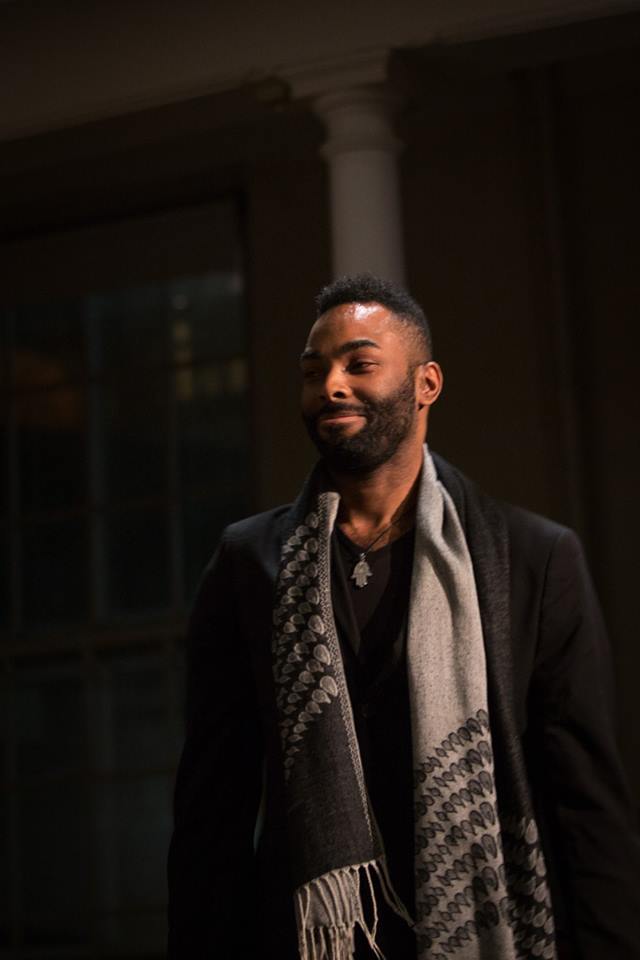
Collin Edouard
- Alumni
- United States
- 2019 MMus Music
- Wolfson College
As a first generation born American, I have always been between two cultures. Music is a large part of my cultural identity and I have always been proud of being a Caribbean man, however, music in the mainstream will often make people like me feel less American which can create a shameful attitude towards our own culture. My passion for choral music is greater than simply singing in an ensemble because when we explore music from other cultures and sing their songs after learning about the song's history, we can get a glimpse into a culture that is not our own. When we have performances highlighting Traditional Folk music from various countries and Classical music on the same stage we begin to bridge the chasm of the hidden curriculum perpetuated by many of our music educators. Each voice in a chorus has an important role and each person's identity and experiences add to the importance of music making. I want to help acknowledge composers, musicians, and lyricists who might not have had their work circulated through the mainstream as often and use those voices to break down those walls of prejudice in music education. I am humbled to join the Gates Scholar community and I look forward to collaborating with my colleagues.
Previous Education
Teachers College, Columbia University M.A in Music and Music Education 2018
City University of New York B.F.A Music/Concentration Classical Voice (Summa Cum Laude) 2016
Seminole State College of Florida Associate of Arts 2010
Christy Edwall
- Alumni
- United States
- 2013 MPhil English Studies
- Clare College
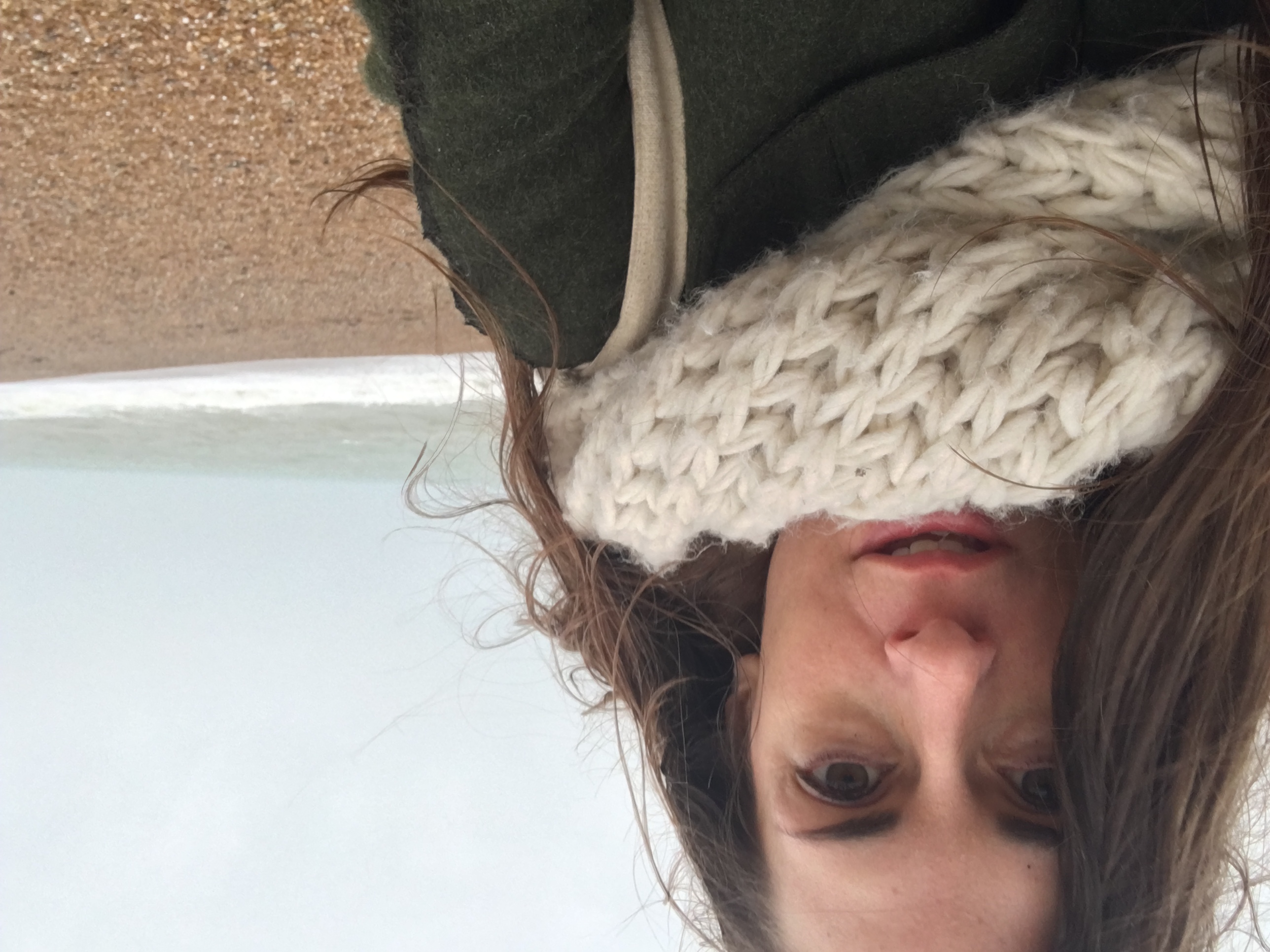
Christy Edwall
- Alumni
- United States
- 2013 MPhil English Studies
- Clare College
After receiving my M.Phil in 18th Century and Romantic Studies at Clare College, I completed a doctorate in Romantic poetry at New College, Oxford. As of 2019, I’ve been teaching English at Lancing College in West Sussex, and my first novel, History Keeps Me Awake at Night, will be published with Granta (February, 2023). I contribute to the Times Literary Supplement, and my writing has also appeared in the Southern Review, The Stinging Fly, and granta.com.
Previous Education
University of Oxford 2013
Greenville College 2008
Daniel Egan
- Scholar
- South Africa
- 2022 PhD Biological Sciences at the Department of Veterinary Medicine
- Wolfson College
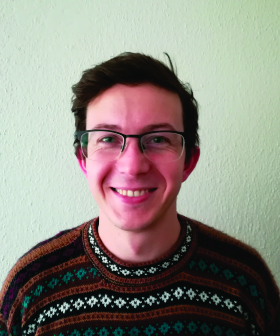
Daniel Egan
- Scholar
- South Africa
- 2022 PhD Biological Sciences at the Department of Veterinary Medicine
- Wolfson College
I was drawn into the curious and complex world of immunology during my Honours degree in the Horsnell group at the University of Cape Town, where I studied lung pathology in the acute immune response to helminth infections. This, against my background as a clinician and further education in public health, has led my professional interests towards the intersection of these three areas: fundamental science, clinical medicine and population health. By identifying important health concerns and addressing them across scales, I hope to improve global health outcomes through my career in a cost-effective and context-relevant manner which prioritises reaching under-served people. In partnership with global leaders in the field, my PhD aims to develop and test a novel vaccine platform to generate broadly-protective vaccines against Betacoronaviruses. The idea underlying this work is ‘pandemic preparedness’ – aiming to ensure the next human viral pandemic is comparatively minor by pre-emptively improving the breadth and efficacy of available vaccines. I am privileged to be joining the Gates Cambridge community, and am very grateful to the Trust for this wonderful opportunity.
Previous Education
University of Cape Town Public Health (Epi & Biostats) 2022
University of Cape Town Medicine 2017
University of Cape Town Infectious Disease, Immunology 2014
Natalia Egorova-Brumley
- Alumni
- Russian Federation
- 2010 PhD Biology
- Lucy Cavendish College

Natalia Egorova-Brumley
- Alumni
- Russian Federation
- 2010 PhD Biology
- Lucy Cavendish College
Having a diverse but mainly Arts background, at Cambridge I shifted to Sciences, pursuing a PhD in Biology at the MRC Cognition and Brain Sciences Unit. I have always been interested in how people use language in context (pragmatics), and what mechanisms in the brain underlie contextual enrichment. Therefore for my PhD I chose to explore the neural correlates of speech act processing, thus contributing to the emerging discipline of neuropragmatics.
Links
Nmesomachukwu Egwuekwe
- Scholar
- Nigeria
- 2024 PhD Engineering
- Emmanuel College
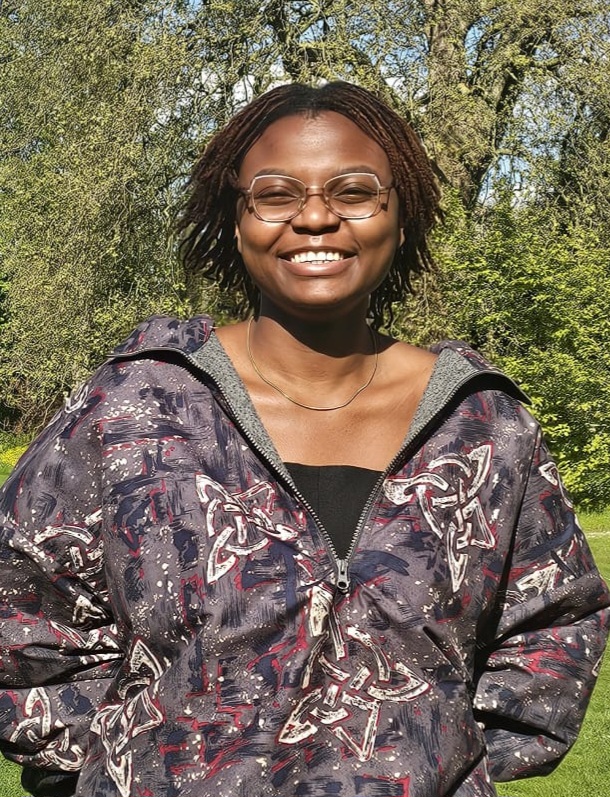
Nmesomachukwu Egwuekwe
- Scholar
- Nigeria
- 2024 PhD Engineering
- Emmanuel College
I hold a bachelor's degree in Mechanical Engineering from Nigeria, where I was introduced to the concept of energy efficiency and its significance in improving energy access. Pursuing an MPhil in Energy Technologies offered an opportunity to understand, in-depth, the existing energy systems and evaluation tools in green economies and further explore transferable lessons in energy transition applicable to developing countries like mine. Recognising the impact of energy research in buildings, especially in my country, I am committed to contributing original research that advances our understanding of building energy performance. My proposed PhD research aims to integrate Human-Centric Design principles with energy management systems to minimise operational energy use in buildings. My overarching goal is to leverage my expertise to design efficient and affordable solutions that improve demand-side management in the built environment and address energy access challenges for at-need communities. I am very excited about engaging in the innovative research environment at the EECI lab as a Gates scholar. Through my research endeavours, I aspire to contribute positively to the energy landscape, both in Nigeria and beyond.
Previous Education
University of Cambridge Energy Technologies 2024
Federal University of Technology Owerri Mechanical Engineering 2021
Promise Frank Ejiofor
- Scholar
- Nigeria
- 2022 PhD Development Studies
- Queens' College

Promise Frank Ejiofor
- Scholar
- Nigeria
- 2022 PhD Development Studies
- Queens' College
I developed an interest in informality during my postgraduate studies in Social Anthropology at the University of Cambridge. In contemporary development discourses, informality is invariably connected to free riding, low tax-to-GDP ratio, little or no accountability, and the underprovision of public goods. This discourse is even more pervasive in much of the Global South where the growth of formal cities is juxtaposed with skyrocketing informal settlements and economies. During my PhD in Development Studies, I will ethnographically assess the veracity of the hegemonic discourses on informality focusing on the specific case of Nigeria―Africa’s largest economy but also, paradoxically, the state with one of the lowest tax-to-GDP ratios in Africa and in the world at only 6 percent. As a man of ideas, I strongly believe that education and research are conducive to social, moral, and political revolutions. I am confident that my research will inform policy interventions given the functional holes in Nigeria’s labile taxation system. I am profoundly honoured to be joining the Gates Cambridge scholarly community.
Previous Education
University of Cambridge Social Anthropology 2020
Central European University (Budapest College) Political Science 2019
Caroline Ekblad
- Alumni
- Sweden
- 2001 PhD Chemical Biology
- Trinity College

Caroline Ekblad
- Alumni
- Sweden
- 2001 PhD Chemical Biology
- Trinity College
Freja Ekman
- Alumni
- United States
- 2018 MPhil Translational Biomedical Research
- Pembroke College
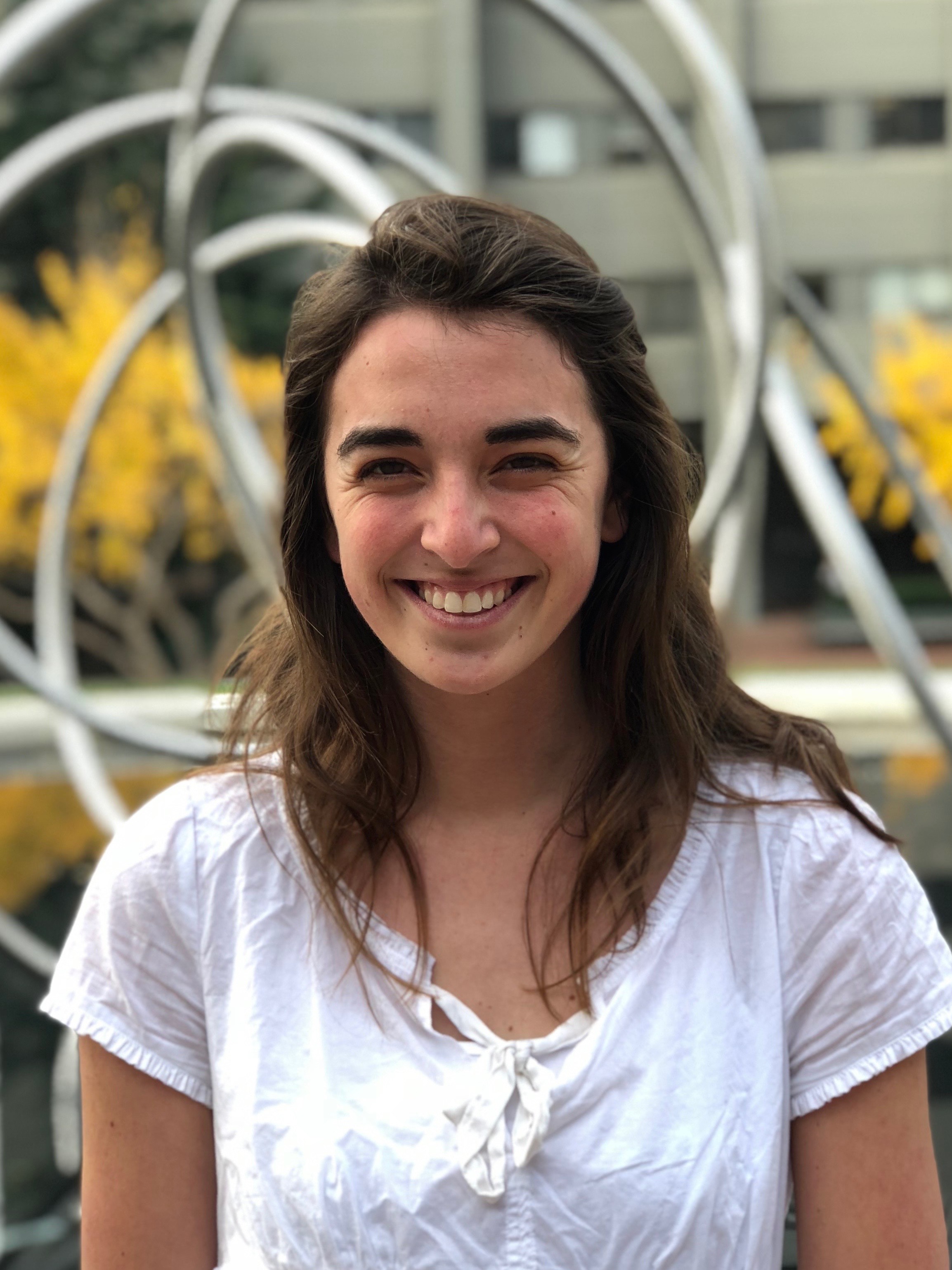
Freja Ekman
- Alumni
- United States
- 2018 MPhil Translational Biomedical Research
- Pembroke College
With the modernization of medicine, we as a global community need to reevaluate the ostracization of people with disabilities and rare genetic disorders. Growing up with a close friend with autism, I witnessed firsthand the bullying that many people with disabilities experience. This sparked my passion for both genome engineering research and disability advocacy. During my undergraduate studies at the University of California, Berkeley, my interests further grew as I helped develop CRISPR-Cas9-based gene therapy to treat Amyotrophic Lateral Sclerosis (ALS) in vivo. However, there currently exists a large disconnect between the development of novel gene therapies in academic research labs and their feasibility in clinical applications. The treatment of genetic disorders is plagued by off-target effects and autoimmune responses, the long-term effects of which are often neglected. During my time in the translational biomedical research program at Cambridge, I hope to gain the necessary skills to help bridge the gap between genome engineering and the pathophysiology seen in the clinic. Additionally, I hope to continue to foster and advocate for a more inclusive environment for people with intellectual and developmental disabilities. Outside of my studies, I enjoy long distance running, teaching, and exploring the outdoors. I am incredibly thankful for the opportunity to be a part of the Gates Cambridge community and look forward to upholding its ideals and values.
Previous Education
University of California, Berkeley
Neemat El Yafi
- Alumni
- Lebanon
- 2005 MPhil Real Estate Finance
- Queens' College

Neemat El Yafi
- Alumni
- Lebanon
- 2005 MPhil Real Estate Finance
- Queens' College
The Gates Scholarship, a lifetime opportunity, a new path into life that was far from being realized without it. Pursuing my Mphil in Real Estate Finance was made possible thanks to the Gates Cambridge Trust. Having had this ultimate chance to study this course at Cambridge, I will do my best to achieve it with high level standards, and launch a career in the Real Estate development fied or go on for the PhD.
Mohmmed El-Bachir
- Alumni
- Algeria
- 2001 PhD Chemical Engineering
- Churchill College
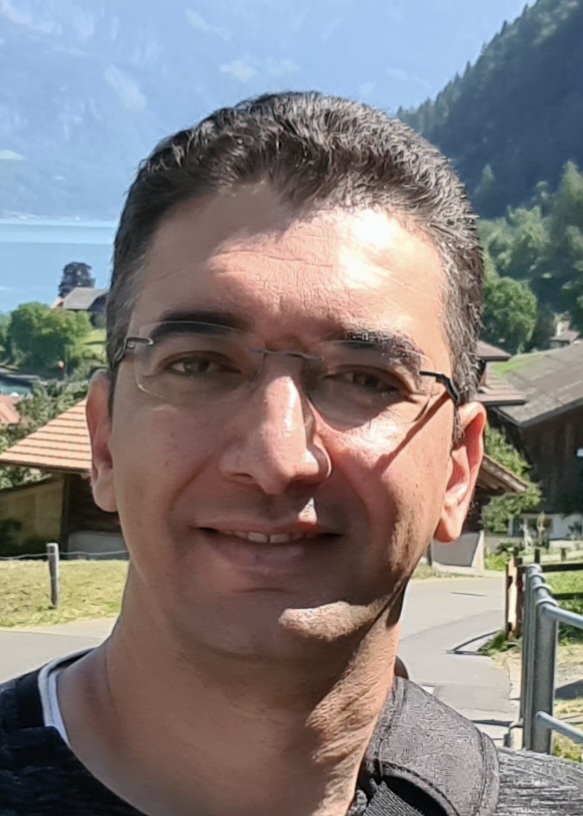
Mohmmed El-Bachir
- Alumni
- Algeria
- 2001 PhD Chemical Engineering
- Churchill College
Ata Allah Elbizanti
- Scholar
- Libya
- 2024 PhD Physiology, Development and Neuroscience
- Gonville and Caius College

Ata Allah Elbizanti
- Scholar
- Libya
- 2024 PhD Physiology, Development and Neuroscience
- Gonville and Caius College
Growing up amidst the turmoil of Libya during the war, I used to observe how people reacted differently to the same environment; their mental health journeys diverging along unpredictable paths. I became mystified by the resilience and vulnerability of the human mind, and later earned a Psychology BA from the American University of Beirut as a MEPI-TL scholar.After pursuing a career in Psychosocial Support with the United Nations, I realised the roots of these issues delved far deeper than surface-level support could reach. I then earned an MSc in clinical Neuroscience from UCL as a Chevening scholar and worked as a research assistant at the University of Cambridge. My PhD utilises advanced In Vivo imaging and Optogenetic techniques to study specific neuronal circuit components in genetic mouse models of neurodevelopmental disorders and healthy mice during visually guided decision-making. My goal is to uncover what influences proficient and deficient sensory discrimination, fostering knowledge that destigmatises and guides tailored neuropsychiatric treatments, ultimately transforming patients' lives. Being a Gates scholar is both an honour and a responsibility, which I intend to uphold by bridging my research with activism.
Previous Education
University College London Clinical Neuroscience 2022
American University of Beirut Psychology 2020
Marcel Elias
- Alumni
- Canada
- 2013 PhD English
- Magdalene College
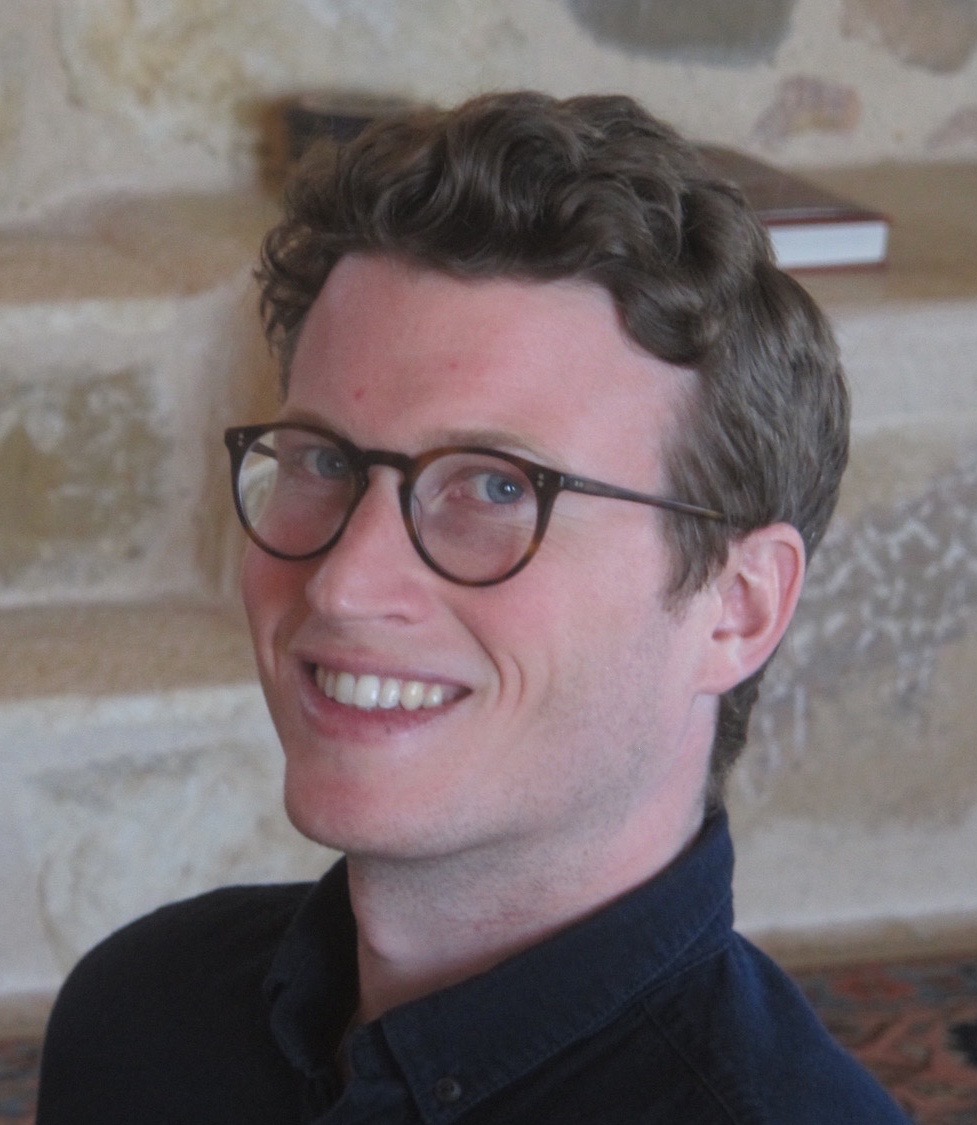
Marcel Elias
- Alumni
- Canada
- 2013 PhD English
- Magdalene College
I am currently completing a PhD dissertation entitled 'Emotional Rhetoric and Holy War in Middle English Romance'. From October 2016, I will be a Junior Research Fellow at St Catharine's College, Cambridge.
Julie Elkner
- Alumni
- Australia
- 2001 PhD History
- King's College

Julie Elkner
- Alumni
- Australia
- 2001 PhD History
- King's College








